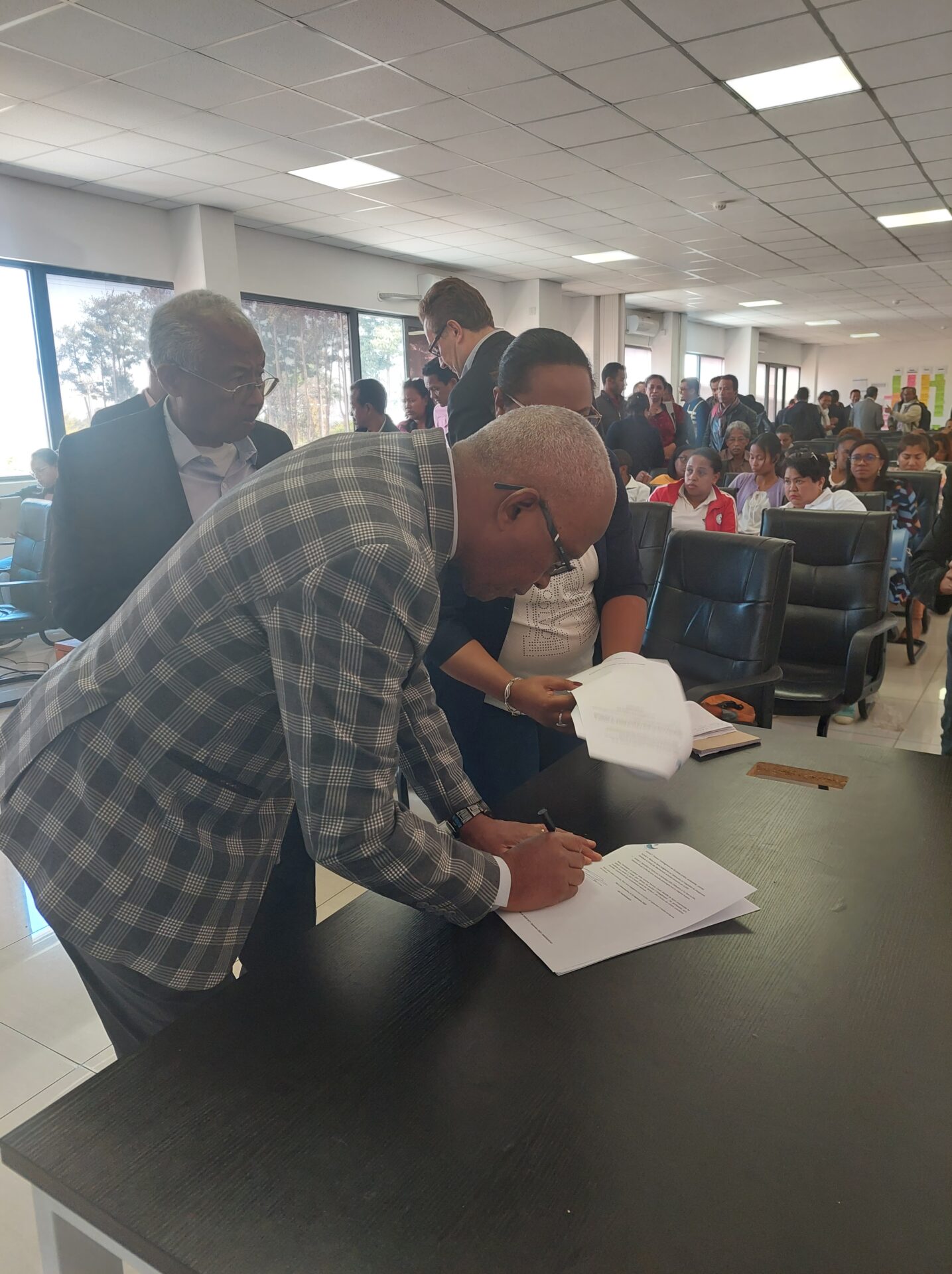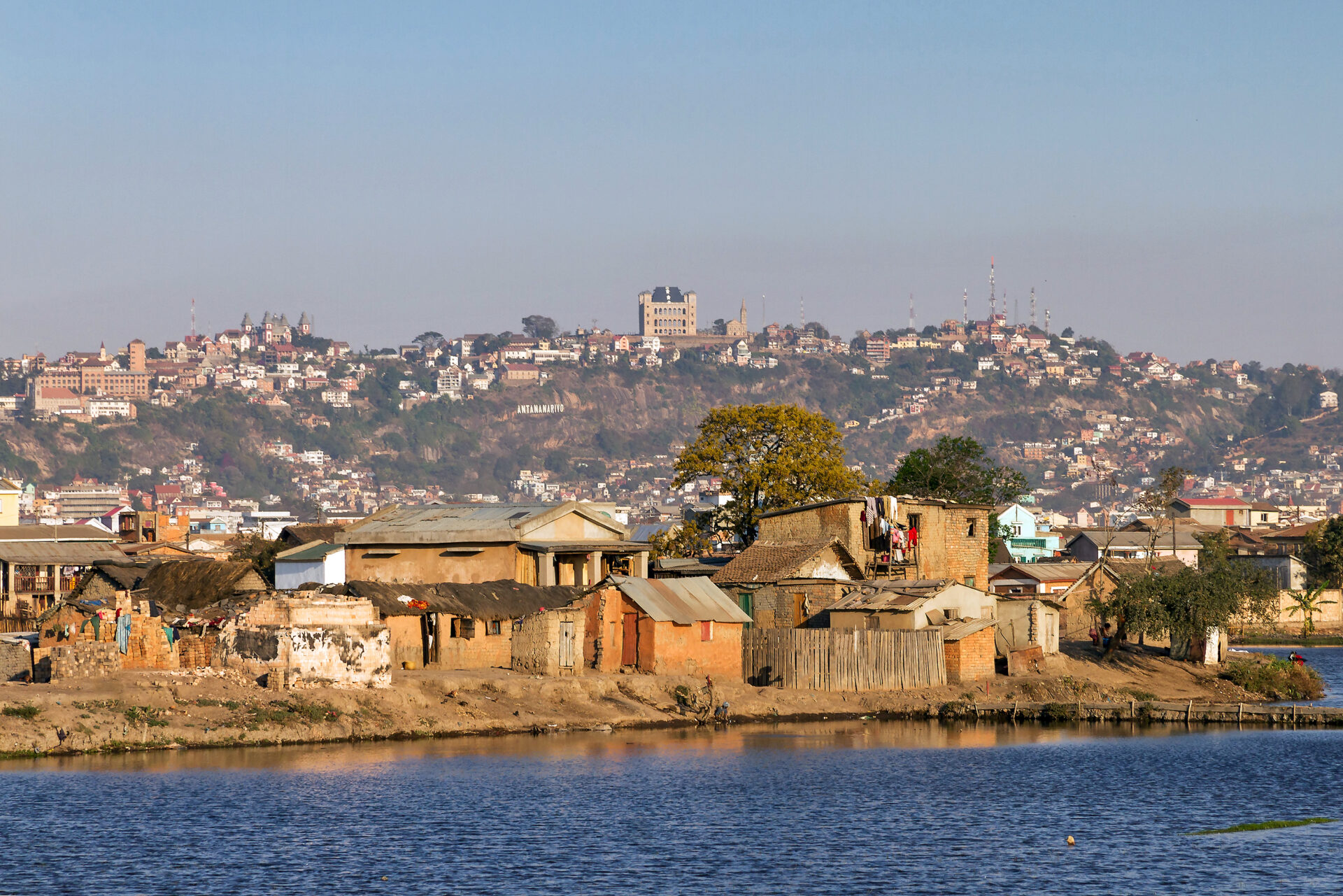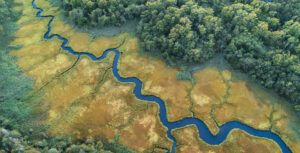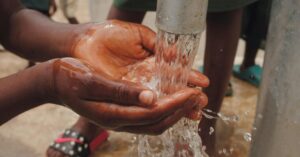Identifying bottlenecks to water governance in Madagascar

This workshop piloted the global gender criteria for WASH BAT for the first time. Can you tell us more about that?
Since late 2022, a working team of gender experts from SIWI and UNICEF at the headquarters level, have worked to integrate gender aspects into the WASH BAT.
Specific gender criteria have been developed for each WASH governance function, which are used for the diagnostic. To test its implementation in a pilot case, the WASH BAT workshop in Madagascar was chosen. It met the conditions to do so, as it was an extensive workshop (circa 100 participants) and it focused on several different areas such as water resource management and sanitation in urban and rural settings, and WASH in schools and healthcare facilities.
The main intention of developing specific criteria was to guide participants towards considering some gender aspects when assessing the status of the WASH sector. We worked under the assumption that if the criteria were scored in red – implying that there are high gender inequities in the sector – more activities would be designed and prioritized in the action plans. So far, we haven’t been able to draw conclusions about the application of the gender criteria, but the first application has met our expectations. Four out of seven action plans have included gender-related activities and priorities.
Which were the biggest bottlenecks in the region, that emerged from your workshop?
Some of the biggest bottlenecks in the WASH sector in Madagascar can be listed as below: The lack of prioritization of the sector (having therefore low financial resources for investment but also follow-up and capacity development).
- The lack of political leadership with a high turnover of ministry staff over the past years that affects continuity and safeguarding of institutional memories.
- Lack of coordination and inefficiency affects collaboration between sub-sector and across sectors of health, education, energy and others.
- Lack of accountability mechanisms and inefficient operationalization of the decentralization Lack of knowledge about water resources and monitoring mechanisms
Were there any outcomes that were strikingly different from what you had expected? If yes, what were those?
First, it was interesting to learn that sanitation for the Ministry in Madagascar includes solid waste. This meant a revision of our plan to include solid waste in addition to water. The WASHBAT methodology being flexible, allows such an adjustment .
Second, there was low representation from local authorities (municipalities), researchers or universities, and small service providers.
What was the action plan that was noted through the workshop?
Groups unanimously prioritized capacity building, focusing on needs assessments, strategy development, and implementation linked to climate change and municipal resilience, alongside finalizing national sectoral policies, especially in water legislation. Discussions included establishment of a virtual observatory for water resources, enhancing municipal decision-making tools, and improving planning with disaster contingency plans and urban adaptation prioritization. Financing discussions emphasized resource allocation, decentralization, and weak advocacy for sector funding. Coordination efforts target clarifying roles and improving communication between sectors.
Who is responsible for putting the action plan into works?
The Minister of Water, Sanitation and Hygiene is in-charge of operationalizing the action plan developed by all stakeholders. There are some activities that other institutions or organizations are responsible for. This reflects the excellence of WASHBAT: all participants have the opportunity to align their interventions and contributions towards a common goal.
To ensure a better endorsement of the Action Plan by all stakeholders, we decided to sign a declaration of intent. The declaration, signed by all participants, is a summary of what happened during the WASHBAT, including the recommendations. This facilitates the handover of the results to the new government of Madagascar, after the presidential election with the new team in the ministry.
The next step will therefore consist of validating the declaration with the new government of Madagascar and discussing it with potential technical and financial partners to ensure its rapid implementation.

How will you measure progress?
When assessing the climate risks and preparing for the workshop, a core group of national stakeholders was formed. This core group is integrated by reference organizations and professionals and it is led by the country office of UNICEF. The core group was also in charge of parts of the workshop, as most of them performed as facilitators of the group discussions.
A few weeks after the workshop, there was the Conference of the Parties (CoP) 28 of the United Nations Framework Convention on Climate Change (UNFCCC). The Malagasy Ministry was organizing a session on WASH and climate, and we were invited by UNICEF to summarize the results. The Minister reemphasized his commitment to integrate all the results into the new sectoral strategy under development, which was a huge win for us.










